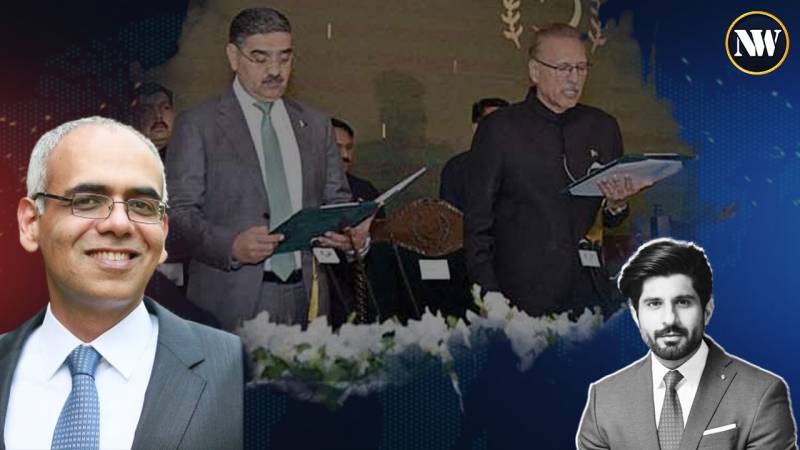In a recent interview with Syed Muhammad Ali, a development anthropologist and adjunct professor at the University of Johns Hopkins and American University, we gained valuable insights into the challenges and complexities facing the country. In conversation with Nauraiz Rana, he delves into Pakistan's caretaker government's claim to power, its economic challenges, the military's influence, external perspectives, and the broader context of the country's political landscape.
One of the central themes of the interview was the role and legitimacy of the caretaker government in Pakistan. The last year and a half have witnessed significant political upheavals, including a vote of no confidence that led to the ousting of former Prime Minister Imran Khan. As a result, a new caretaker setup was put in place to manage the country's affairs until the next elected government took office.
Syed Muhammad Ali highlighted the unique challenges facing caretaker governments in Pakistan. These governments are tasked with implementing significant economic reforms, including austerity measures, at a time when elected governments often refrain from doing so due to the political unpopularity of such measures. The guest emphasized that caretaker governments face the daunting task of addressing critical economic issues in a short period.
Pakistan's economic challenges have been exacerbated by factors such as inflation and an energy crisis. Syed Muhammad Ali discussed how these challenges have had a significant impact on the daily lives of ordinary Pakistanis. Rising inflation and energy shortages have created hardships for the population, leading to concerns about the government's ability to address these pressing issues.
The interview also touched upon Pakistan's engagement with the International Monetary Fund (IMF). The IMF programs have been a topic of debate, with concerns about their impact on the common people. Syed Muhammad Ali explained that while there are reservations about further loans and commitments, addressing the country's economic desperation is essential. The current standby arrangement with the IMF acknowledges the need for policy continuity until the next elected government assumes power.
Another critical aspect of the interview was the growing influence of the military establishment in Pakistan's political and economic landscape. Syed Muhammad Ali expressed concerns about the military's position and role in the country's governance. The military has a significant say not only in security matters but also in economic policies and decision-making.
The guest pointed out that the military's involvement in economic affairs is increasing, raising questions about capacity and approach in managing the country's economy. This escalating role of the military has implications for Pakistan's political stability and democratic institutions.
The interview also explored how external stakeholders, particularly the United States and China, view Pakistan's current situation. Syed Muhammad Ali noted that while there may be calls for democracy, practical engagement often takes precedence based on realpolitik considerations. External powers engage with Pakistan based on their strategic interests, and these interests often override concerns about the democratic process.
The guest emphasized that the US and China, both key players in the region, are likely to engage with Pakistan regardless of when elections are held. The US has a significant interest in counterterrorism efforts and nuclear stability in Pakistan, while China has its own strategic interests in the region. These interests are likely to shape how these countries engage with Pakistan, irrespective of the political landscape.
Throughout the interview, it became evident that Pakistan's political landscape is incredibly complex, with multiple factors at play. Historical context, economic challenges, and external pressures all contribute to the intricate nature of Pakistan's politics. Syed Muhammad Ali highlighted that finding quick and easy solutions to the country's complex issues is a daunting task.

